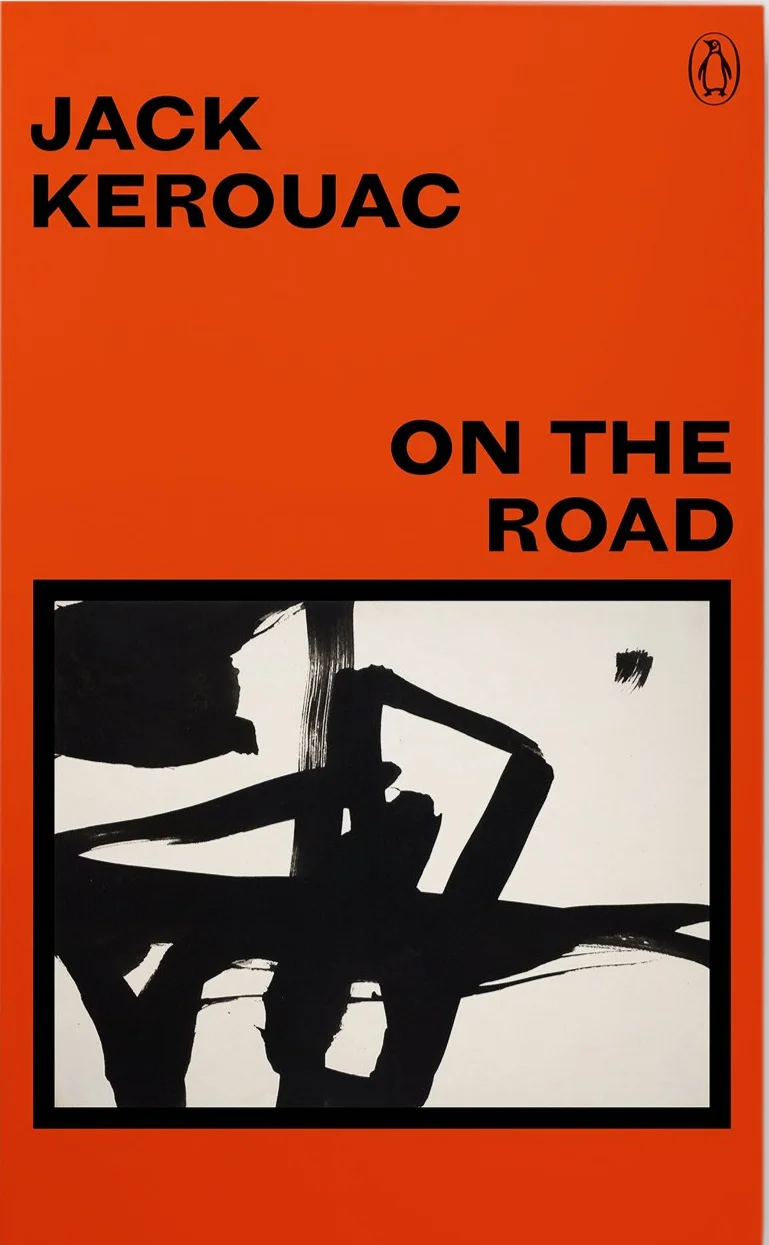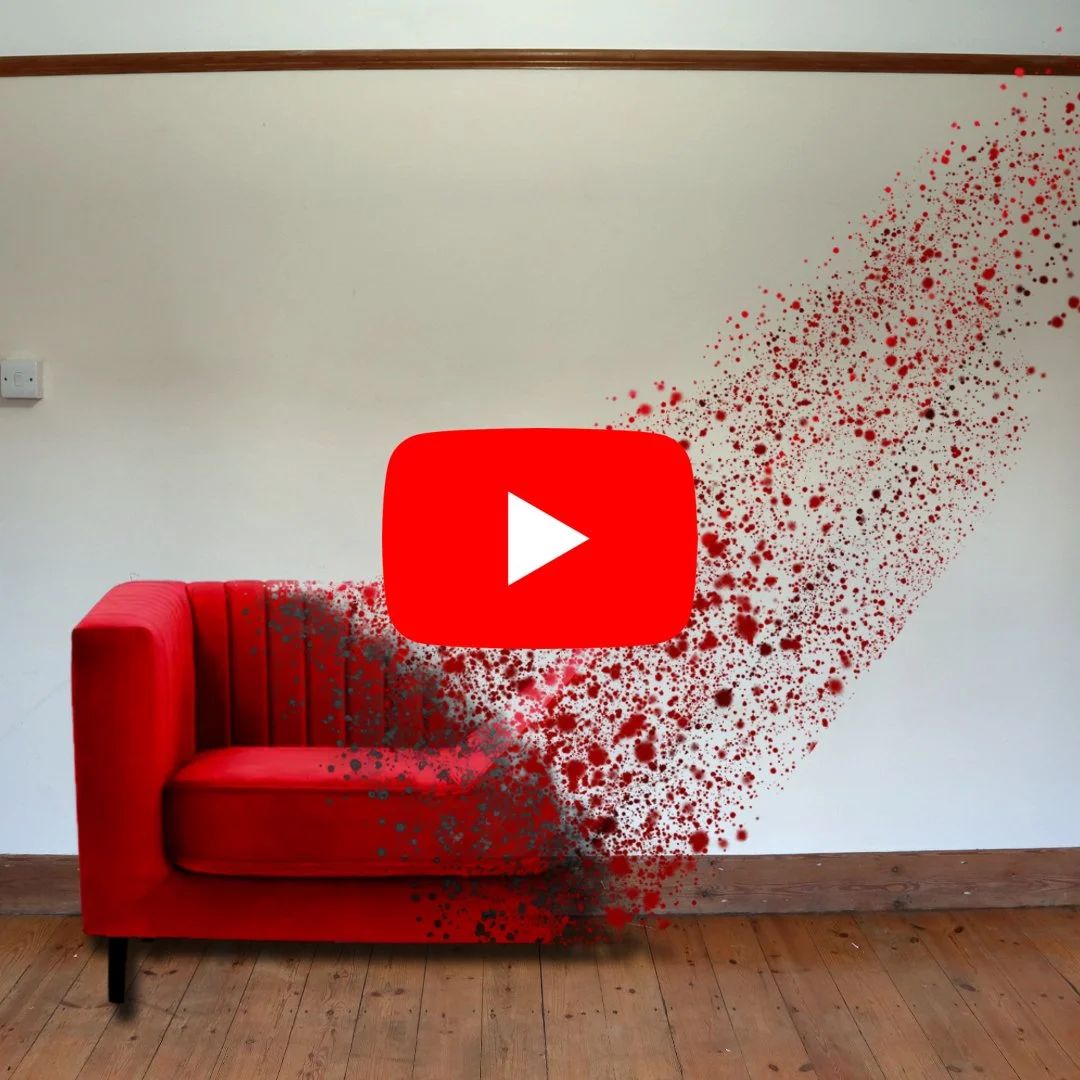On The Road | Jack Kerouac • A Good Book
‘What is that feeling when you're driving away from people and they recede on the plain till you see their specks dispersing? - it's the too-huge world vaulting us, and it's goodbye. But we lean forward to the next crazy venture beneath the skies.’
- On The Road
I’ve kept a reading list of every book I’ve read since 1999. I’m like that. I don’t remember why I resolved to do it; perhaps it was my discovery of the word ‘autodidactic’ or maybe it was when I pulled out my parents vinyl copy of Highway 61 Revisited and listened to it over and over; I was particularly struck by the lyrics of Ballad of a Thin Man (see photo).
For as long as I can remember I’ve always loved reading and this love has always felt an uneasy bedfellow with the growing culture of idiocy that I’ve seen blossom here in the UK.
With 15-second Instagram story attention spans, how quaint it seems to choose to read a whole book. I’ve done my time reading online and it’s simply not the same; it’s impossible to stay focussed when there’s so many things competing for your attention, videos opening automatically, flashing adverts. I’ve since realised that reading physical books has the added benefit of guarding against the fallacy that the whole world is at the end of a Google search result.
Sometimes there is value in boiling everything down, but sometimes there’s also value in expanding things.
I’ve often felt that because I’m unable to distill my ideas and thoughts into the shortest possible soundbite I’m a failure; it’s only recently it occurred to me that it’s only because this is at odds with the prevailing culture, where idiocy is promoted and celebrated. So I decided to swim against the tide and use the Journal as a place to write about the many disparate interests that have shaped our philosophy and our reasoning behind why we do what we do.
On The Road
There are moments in our life we look back on and realise they’re defining; little forks in the road that move us towards or away from a path and stick in our memory for decades. One of these moments I recall with absolute clarity - aged 15 in the canteen, sitting on those long wooden benches you never see anywhere else but school and my friend Holly Grigg-Spall excitedly handed me a book she’d just finished, imploring me to read it.
That book was ‘On The Road’, originally published in 1957 and written by Jack Kerouac. It’s become a classic of American literary counterculture and spawned the notion of ‘going away to find yourself’, an idea enthusiastically adopted by hippies which now finds itself clinging on for dear life under the guise of a ‘gap year’.
Is America imaginable without the road trip?
The two main characters are the narrator Sal Paradise and Dean Moriarty (Jack Kerouac and Neal Cassady in real life) and the book documents Sal’s various trips with and without Dean across America and Mexico in post-war America. The pair are young, free-spirited and hungry for adventure. They’ve no interest in settling down and reject domestic and economic conformity; it’s a big ‘fuck you’ to the same system that dragged the country into the War and now wants people to settle down, get jobs, buy suburban homes and work in an office.
The characters desire for life is best understood as a reaction against the hardships they, the country and world, had just endured. They’d survived, so now they could really live and experience life to its fullest - unlike so many who’d perished.
Kerouac’s America is unrecognisable today; he unknowingly documented an age that would come to an end with the arrival of popular culture, huge corporations (think Wal-Mart, McDonald’s) and the standardisation of most everything. TV marked the beginning of the end of street life; we became more insular and private, retreating into our homes to watch shows instead of going out and being part of our community and neighbourhood. The disappearance of small family shops, Mom & Pop diners and local bars has been a huge loss; we’ve become passive consumers and paid a high price for it.
The book is full of contradictions; Kerouac’s admiration and disappointment towards his country, his loneliness and the camaraderie of others as well as the sadness of never truly finding what he’s searching for out there, tempered by moments of exhilaration and ecstasy.
Kerouac contemplates life, how quickly it passes and what’s really important in the grand scheme of things. The road represents possibilities, moments yet to be experienced, promises of things to come. It’s not a book to be read for it’s plot, but for the experience it captures; the book reads at 120 miles an hour from cover to cover, as it breathlessly details coast-to-coast travels in stolen cars, hitch-hiking or on greyhound buses.
Hailed as the voice of the Beat generation, the book was released to raves reviews which made Kerouac famous overnight and he’d spend the rest of his life fighting the stereotype placed upon him as the King of the Beats.
Movement, rhythm and embodied writing
Kerouac wrote in a style influenced by jazz, in a method he called ‘spontaneous prose’ and became known for his idiosyncratic use of rhythm. He taped together sheets of paper so he could sit down and type out On The Road in a stream-of-consciousness riff, legend being he wrote the whole book out in three weeks (aided by lots of coffee and benzedrine).
Inspired by jazz, his descriptions of life are visceral, filled with a manic energy you feel as though you’re there with them; sharing the sights, sounds and smells, invigorated by the hot sun on your face as the landscape changes from mountain to desert. There is an intensity, restlessness and urgency, for those of whose youth has gone, it is a reminder of that time of your life when anything’s possible.
It’s not a book to be read for it’s plot; Kerouac's prose races, the scenes tumble forward barely coherently at times, and all the while there is a fragile tenderness for the people he described. Kerouac reminds us how free we feel when we move; moving, in all senses of the word, is a natural human trait; after all we’ve been nomadic hunter gatherers for far longer than settled agriculturalists.
If you want an exhilarating read, to experience the original road trip this book is for you. If you’re easily offended and triggered by the politically incorrect this will push you off your rocker. Best avoid.
- F
Dot Connecting | Underlying Themes
The joy of movement
Life before mass culture and the inevitable standardisation
Valuing experiences over material possessions
Public life (time spent in bars, cafés hanging out) vs private life (time spent at home watching TV or playing computer games)
Embracing uncertainty and unpredictability
Life before touristification and gentrification
Easy come easy go - less bureaucracy making movement easier
Glimpsing the beauty of the present moment
Non-conformity and not accepting ‘the way it is’

















What are the most common misconceptions about furniture free? Well these are my top three!